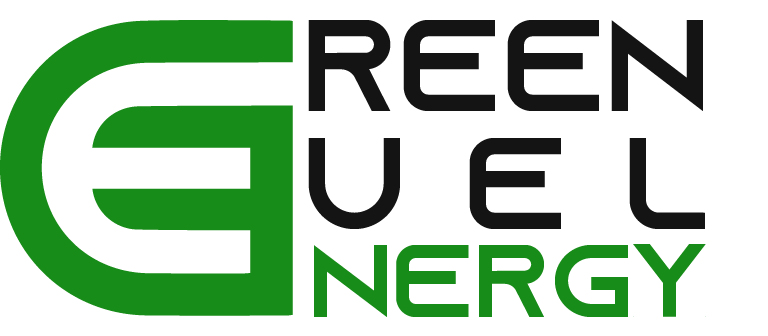Solar panels are designed to withstand various weather conditions
and continue producing electricity for decades. However, like
any technology, they require periodic maintenance to ensure they
perform optimally and last as long as possible. Here's why solar
system maintenance is crucial:
Maximizing Efficiency: Over time, dirt, dust, and debris can
accumulate on solar panels, reducing their ability to
capture sunlight efficiently. Regular cleaning helps
maximize energy production.
more expensive.
Preventing Damage: Routine inspections can identify
potential issues early, preventing minor problems from
becoming major and costly repairs.
Extending Lifespan: Proper maintenance can extend the
lifespan of your solar panels, ensuring they continue to
generate electricity for the full duration of their expected
life, typically 25 years or more.
Ensuring Safety: Regular maintenance also ensures that your
solar system remains safe for both your property and those
who interact with it.
Solar system maintenance consists of
several tasks that should be performed regularly to ensure the
system's longevity and efficiency. Here is a checklist to guide
you through the essential maintenance steps:
1. Visual Inspections
Check for Damage: Inspect the solar panels for physical
damage, such as cracks or scratches, which can affect their
performance.
Inspect Wiring: Examine the wiring and connections for signs
of wear, damage, or loose connections. Ensure that all wires
are properly secured.
2. Cleaning
Remove Debris: Regularly remove leaves, branches, and any
debris that may accumulate on the solar panels. These
obstructions can block sunlight and reduce efficiency.
Clean Panels: Depending on your location, you may need to
clean your solar panels more or less frequently. Use a soft
brush, a gentle detergent, and water to clean the surface of
the panels. Avoid abrasive materials that could scratch the
glass.
Performance Monitoring.
Check Inverter: Review the inverter's display to ensure that
it's functioning correctly. If there are any error messages,
consult the system's manual or a professional for guidance.
Review Energy Output: Compare your solar system's energy
production to your expected output. A significant decrease in
energy generation may indicate a problem that requires
attention.
Safety Checks
Check Mounting Structure: Examine the mounting structure to
ensure that it remains secure and stable. Loose or damaged
mounts can pose a safety hazard.
Inspect Electrical Components: Ensure that all electrical
components, such as junction boxes and conduits, are in good
condition and free from damage.
Pest Control
Prevent Nesting: Birds and other pests may be attracted to your
solar panels as potential nesting sites. Install bird and pest
deterrents to prevent damage to your system.
The frequency of solar system maintenance can vary depending on
several factors:
Location: Systems in dusty or pollen-rich areas may require
more frequent cleaning.
Weather Conditions: Areas with heavy rainfall may
experience less dust accumulation and therefore require less
frequent cleaning.
Type of Panels: The type of solar panels you have can also
affect maintenance needs. Some panels are designed to be
self-cleaning to some extent.
Age of the System: Older systems may require more attention
as they age.
In general, it's a good practice to perform a visual inspection
and
cleaning at least once or twice a year. However, it's essential
to
monitor your system's performance regularly and address any
issues
promptly, regardless of the maintenance schedule.
While many aspects of solar system maintenance can be performed
by homeowners, some tasks may require professional assistance,
particularly if you lack experience with electrical systems.
Here's a breakdown of when to consider professional maintenance:
Cleaning: Homeowners can usually perform routine cleaning
with no problems. However, if your solar panels are
installed on a steep or hard-to-reach roof, it may be safer
to hire a professional.
Electrical Issues: Any electrical problems, including issues
with the inverter or wiring, should be addressed by a
qualified electrician or solar technician.
Warranty Considerations: Be aware that some solar panel
warranties may require professional maintenance to remain
valid. Check your warranty terms and conditions.
Solar system maintenance is a vital aspect of owning a solar
energy system. Regular inspections, cleaning, and performance
monitoring can help you maximize energy production, extend the
lifespan of your solar panels, and ensure the safety of your
system. By taking proactive steps to care for your solar
installation, you can continue to enjoy the many benefits of
clean and sustainable energy for years to come.



